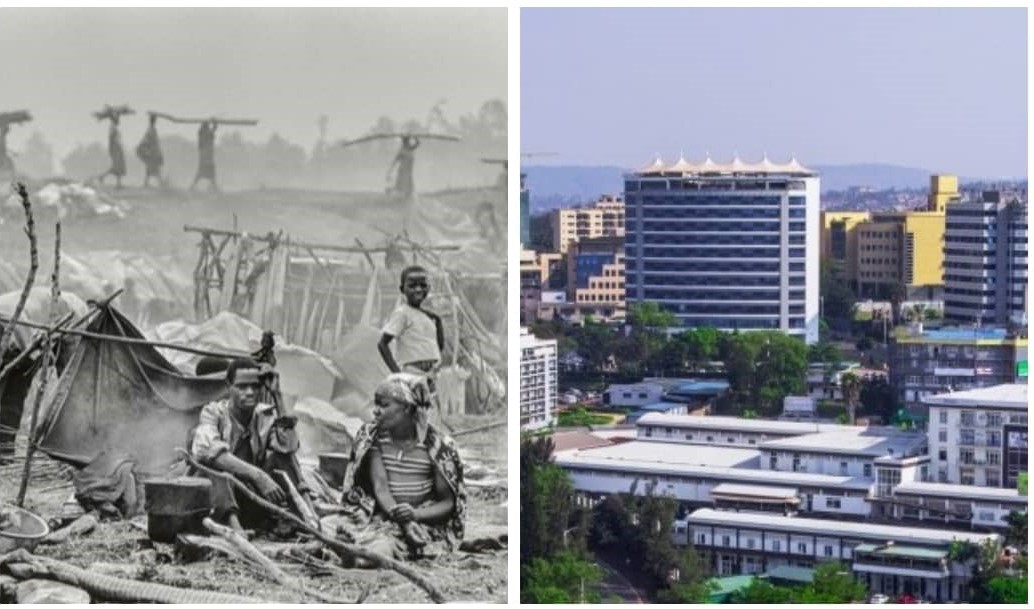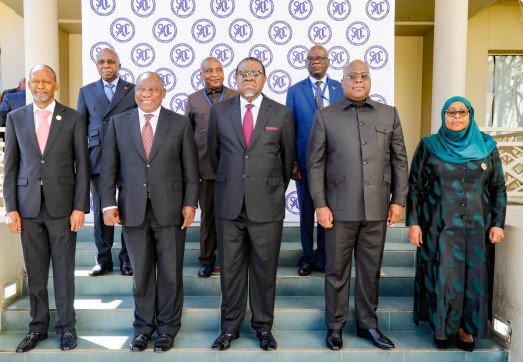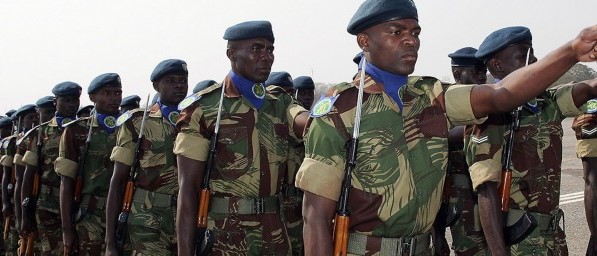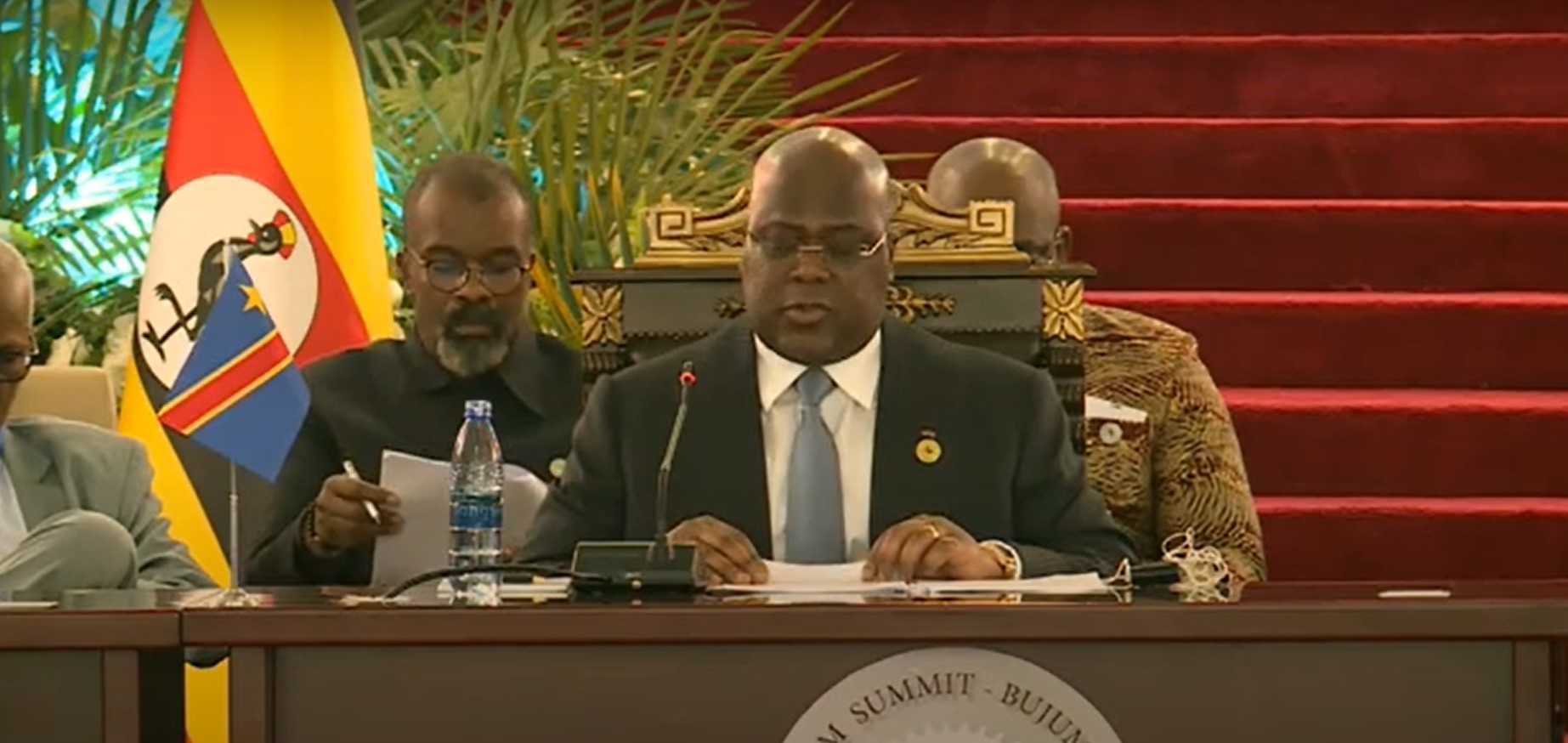Optinion
DRC: What happens if elections are postponed?

The
Democratic Republic of Congo (DRC) is expected to hold elections on December 2023,
according to the electoral calendar released by the Independent National
Electoral Commission (CENI). The Congolese will vote for their President,
Members of Parliament, provincial assemblies, and municipal councils.
Close
to three decades, DRC has been plunged into a circle of endless violence. The
first multi-party elections in the country since 1960 took place in July 2006.
Joseph Kabila was elected president and was reelected in 2011. His
constitutionally-mandated term ended in 2016, but the government put off a new
election citing logistical problems and the ongoing conflict in eastern DRC.
The delayed general election finally took place in December 2018, which
resulted in a surprise victory for Félix Tshisekedi.
As
things stand today, the Congolese are arguing that the situation in the DRC is
not conducive for a free, fair and credible election, risking a postponement,
or election fraud as previously seen.
There
is fear, especially among the Congolese opposition, that Tshisekedi could
become opportunistic and seek a constitutional amendment or other way to extend
his mandate, citing insecurity in the east of the country.
Tshisekedi
has been accused of unconstitutionally appointing majority senior judges of the
Constitutional Court and the Court of Appeal, responsible for dealing with
electoral disputes, and handpicking partisan members to govern the
‘independent’ electoral commission.
Among
the appointments is Denis Kadima, the president of the CENI, who is known to be
very close to Tshisekedi and a fellow tribesman from Kasai, as well as Rose
Mutombo Kiese, whom he appointed as Minister of Justice.
But,
in the eventuality of postponing elections, how can these appointments favor
Tshisekedi?
If
CENI petitioned the Constitutional Court for authority to postpone the
elections, the DRC’s highest court will undoubtedly approve the request. As
witnessed previously, the court would rely on article 70 of the constitution,
which states that “at the end of his term, the President stays in office until
the President-elect effectively assumes his functions.”
To
put this into context Tshisekedi will hold the presidency, until a “President-elect”
takes over the office. If elections are postponed there will be no such
individual, effectively allowing Tshisekedi to rule indefinitely.
Tshisekedi
will be given 18 months to quash the violence, and re-prepare elections, just
enough time to tactically plan for another term in office.
Apart
from the insecurity situation in eastern DRC, Tshisekedi can still find a way to
delay the elections, and incase, elections are held; electoral irregularities
will not miss.
According
to CENI’s calendar, by May 21, publication of registration statistics per
electoral district should be done. However, with mere weeks to the deadline,
there is no single voting centre that has completed registration including in
the capital Kinshasa.
The
commission’s excuse of the delay is lack of power sources of the registration
machines, delay in delivery of kits, solar panels, and cables. All these are
indications of an orchestrated electoral fraud. Tshisekedi knows that he is
unpopular because he has not delivered any development to the Congolese people
in the last five years.
Sources
in Kinshasa say that his re-election is a distant dream. Tshisekedi wants to
stay in power and, in doing so, no trick is off the table.
However,
postponing the elections will most likely create more violence in the already
volatile DRC environment.







